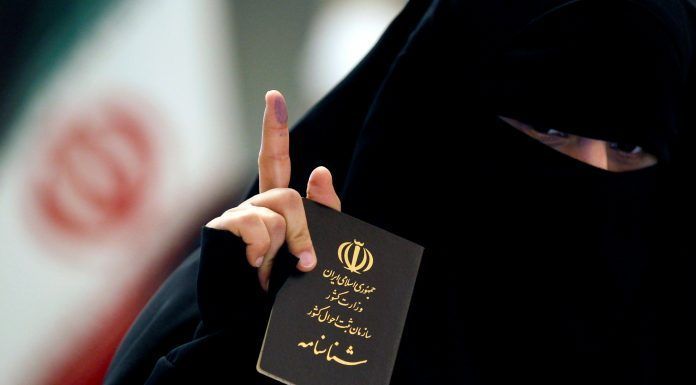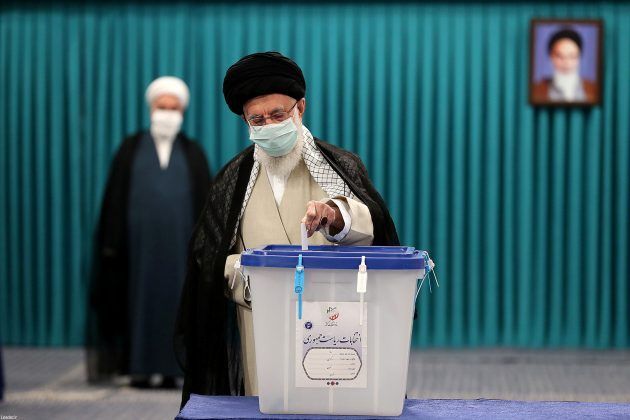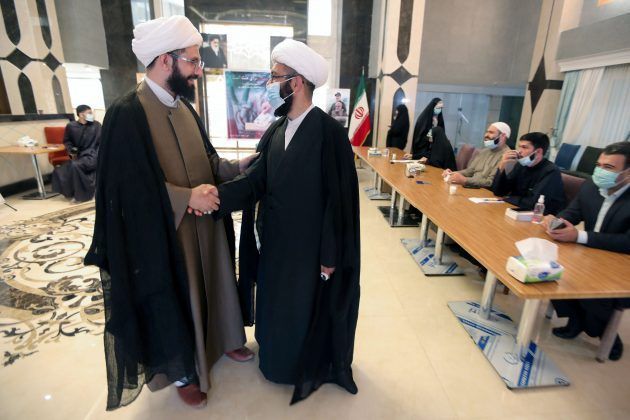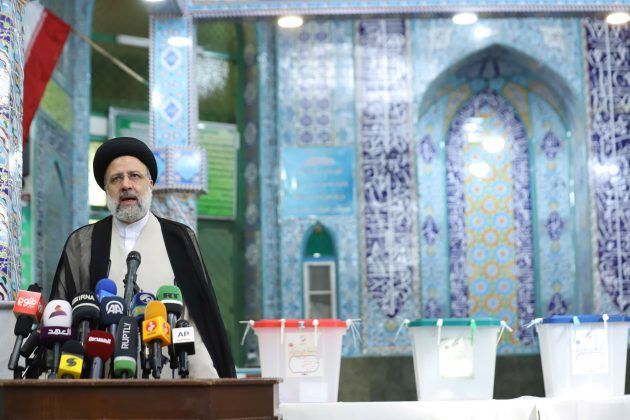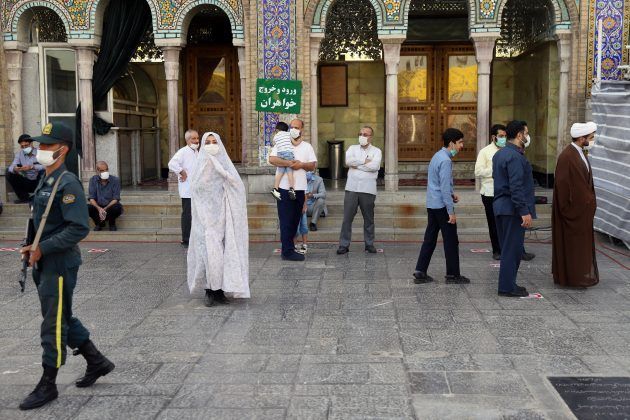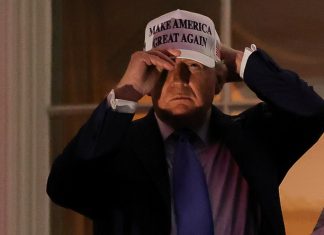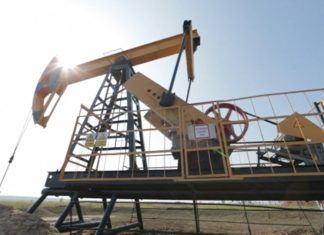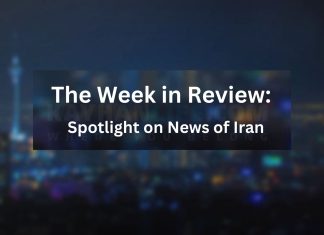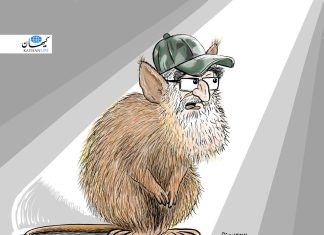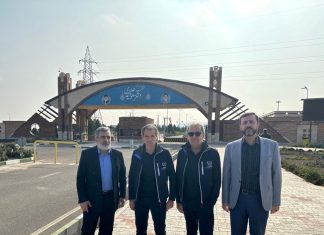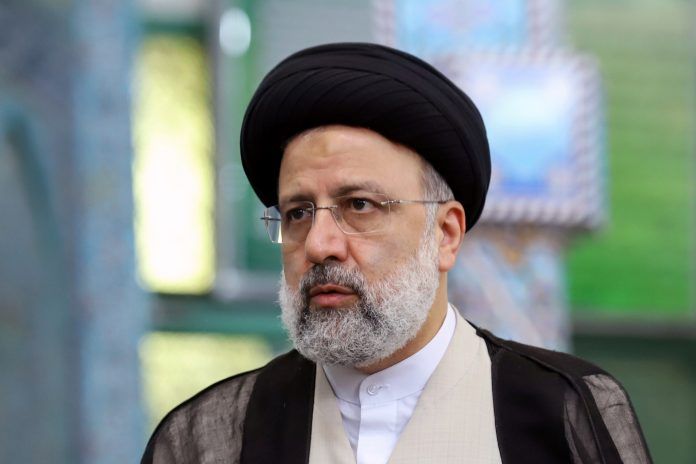
By Parisa Hafezi
DUBAI, June 18 (Reuters) – Iranians voted on Friday in a presidential election likely to be won by a hardline judge subject to U.S. sanctions, though many are expected to ignore the ballot amid economic hardship and calls for a boycott by liberals at home and abroad.
With uncertainty surrounding Iran’s efforts to revive its 2015 nuclear deal with six world powers, the turnout is being viewed by analysts as a referendum on the leadership’s handling of an array of crises.
After casting his vote in the capital Tehran, Supreme Leader Ayatollah Ali Khamenei urged Iranians to cast ballots, saying “each vote counts … come and vote and choose your president”.
The favourite to succeed Hassan Rouhani, a pragmatist prevented under the constitution from serving a third four-year term, is hardline Ebrahim Raisi.
Raisi, who like his political patron Khamenei is an implacable critic of the West, is under U.S. sanctions for alleged involvement in executions of political prisoners decades ago.
“If elected, Raisi will be the first Iranian president in recent memory to have not only been sanctioned before he has taken office, but potentially sanctioned while being in office,” said analyst Jason Brodsky.
That fact could alarm Washington and liberal Iranians, analysts of Iranian politics said, especially given President Joe Biden’s sharpened focus on human rights globally.
A mid-ranking figure in the hierarchy of Iran’s Shi’ite Muslim clergy, Raisi was appointed by Khamenei to the high-profile job of judiciary chief in 2019.
A few months later, the United States imposed sanctions on him for alleged human rights violations, including the executions of political prisoners in 1980s and the suppression of unrest in 2009, events in which he played a part, according to human rights groups.
Iran has never acknowledged the mass executions, and the 60-year-old Raisi himself has never publicly addressed allegations about his role.
State television showed long queues outside polling stations in several cities. More than 59 million Iranians are eligible to vote. Polls will close at 1930 GMT but can be extended for two hours. The results are expected around midday on Saturday.
A win for Raisi would confirm the political demise of pragmatist politicians like Rouhani, weakened by the U.S. decision to quit the nuclear deal and reimpose sanctions in a move that stifled rapprochement with the West.
“Elections are important despite the problems and issues … I wish we didn’t have any of those problems since the registration day,” said Rouhani after casting his vote, a clear reference to the rejection of prominent moderate and conservative candidates from the race by a hardline election body.
Official opinion polls suggest turnout could be as low as 44%, significantly lower than in past elections.
CRUCIAL BACKING
A Raisi win would not disrupt Iran’s bid to revive the agreement and break free of tough oil and financial sanctions, Iranian officials say, with the country’s ruling clerics aware their political fortunes rely on tackling worsening economic hardship.
“Raisi’s main challenge will be the economy. Eruption of protests will be inevitable if he fails to heal the nation’s economic pain,” a government official said.
Under pressure over rising inflation and joblessness, the clerical leadership needs a high vote count to boost its legitimacy, damaged after a series of protests against poverty and political restrictions across Iran since 2017.
Raisi’s main rival is a pragmatist technocrat, former central bank governor Abdolnaser Hemmati, who says a win for any hardliner will result in yet more sanctions imposed by outside powers. Iran could hold talks with longtime arch-foe the United States if it adhered to “positive coexistence” with Iran, he said in the election campaign.
Raisi has crucial backing from Iran’s Revolutionary Guards Corps, a powerful institution which over the years has opposed reformist initiatives, overseen the suppression of protests and used proxy forces to assert Iran’s regional influence.
The mid-ranking cleric says he backs Iran’s talks with six major powers to revive the nuclear deal, under which Iran agreed to curbs on its nuclear programme in return for the lifting of sanctions.
(Reporting by Parisa Hafezi, Editing by William Maclean, Robert Birsel and John Stonestreet)

